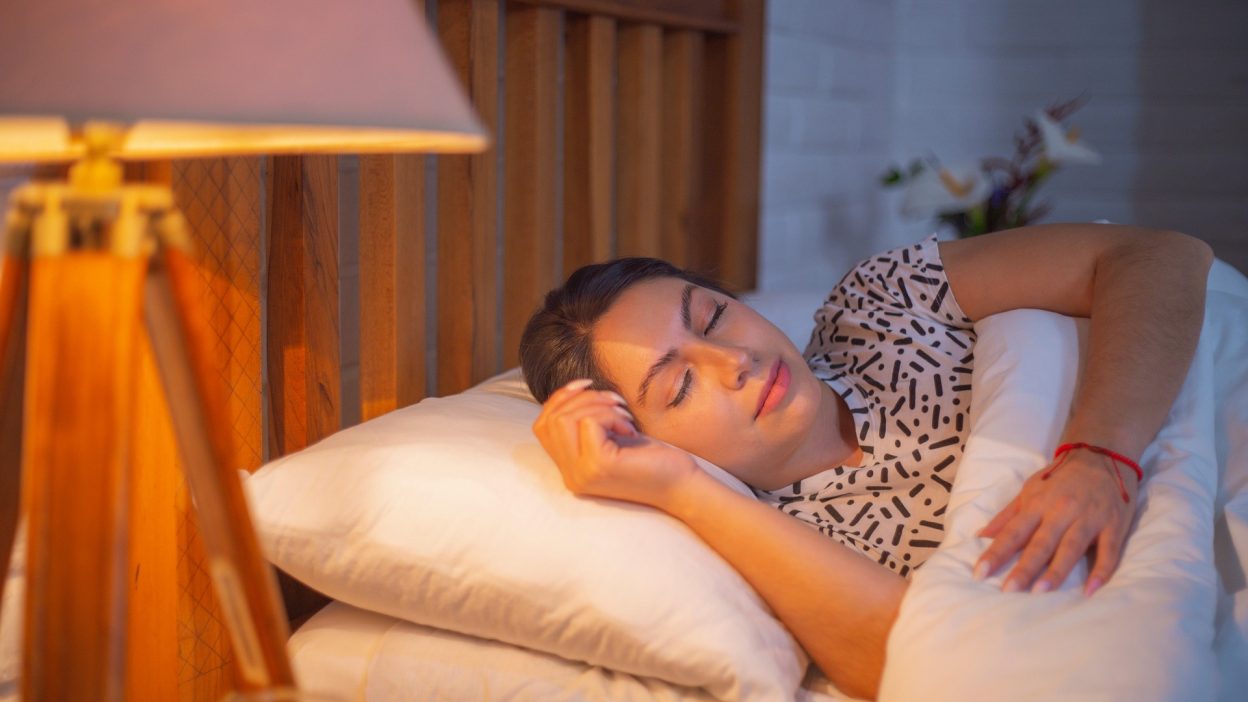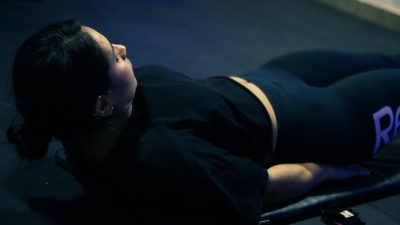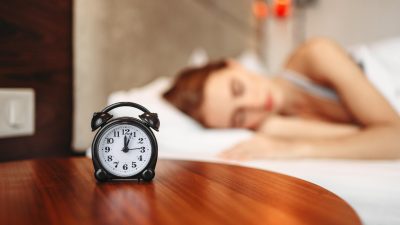Sleep Tips, Sleep Better, Athlete Sleep Secrets, Healthy Sleep, Sleep Quality
Discover the sleep techniques used by top athletes to wake up feeling refreshed and energetic. Improve your sleep quality with these easy-to-follow tips.
Introduction
In the world of professional athletes, performance isn’t just about intense training sessions and strict diets—it also hinges on something often overlooked: perfect sleep. Athletes across the globe swear by their sleep routines, and their secrets can help anyone sleep better and wake up feeling energised and ready to tackle the day. Curious to know how they do it? Keep reading to uncover the best tips that will transform the way you sleep, leaving you refreshed and ready for anything.
Sleep According to Cycles
Athletes follow a sleep schedule based on sleep cycles. Our sleep is divided into 1.5-hour cycles, and to feel truly rested, it’s essential to complete several cycles. Experts recommend that adults sleep for at least 5 cycles, which adds up to 7.5 hours of rest.
So, if you need to wake up at 6:30 AM, aim to go to bed at 11 PM. This timing aligns with your body’s natural sleep patterns and ensures you wake up feeling revitalised, not groggy. If you miss your ideal bedtime, don’t worry. Just wait until the next cycle begins, which happens every 90 minutes, to avoid waking up in the middle of a cycle.
The Ideal Sleep Position
Did you know that the way you sleep can significantly impact your overall health? Athletes often sleep on their side or back, which reduces strain on their bodies.
- Sleeping on your side can benefit your heart by improving circulation and reducing shortness of breath. However, if you suffer from heartburn, sleeping on your left side might be a better option.
- Sleeping on your back is considered the most ideal position as it doesn’t add extra pressure to your head, neck, or spine. This position encourages proper alignment of the body.
Avoid sleeping on your stomach, as it can cause neck strain and disrupt blood flow to the brain, leading to morning headaches.
Set the Perfect Sleep Environment
The temperature of your room plays a pivotal role in your ability to fall asleep and stay asleep. Athletes swear by a room temperature of 60-67°F (15-19°C). This cooler temperature helps trigger the body’s natural cooling process, preparing you for a restful sleep. A room that’s too hot or too cold can interfere with your REM sleep, the stage where your body experiences the deepest rest and vivid dreams.
Invest in Quality Bedding
A proper mattress and pillow are game-changers for a good night’s sleep. Studies show that a mattress should be replaced every 8 years, and it’s important to pick one that supports your body’s weight while remaining comfortable. When it comes to pillows, a high-quality one that supports your neck is a must—avoid those that tilt your head too far forward, as they can cause discomfort.
The right blanket can also impact your sleep. Athletes prefer microfiber blankets because they adjust to your body temperature, keeping you comfortable throughout the night.
Darkness is Key
Your body’s internal clock, which regulates your sleep-wake cycle, is heavily influenced by light. Research from the National Sleep Foundation suggests that even small amounts of light can interrupt sleep by blocking melatonin, a hormone that promotes restful sleep.
To mimic the sleep environment athletes use, ensure your room is as dark as possible. Close the curtains, turn off lights, and cover any glowing electronic displays that might disrupt your sleep.
Eat the Right Foods Before Bed
Athletes know that what they eat affects their sleep. Certain foods can enhance the quality of your sleep by lowering your body temperature and promoting relaxation. For example, almonds are packed with magnesium, which helps muscles relax. Similarly, walnuts contain omega-3 fatty acids that boost serotonin production, promoting better sleep.
Other great options include a cup of chamomile tea, a few slices of kiwi, or a small bowl of rice. All of these foods are proven to help you drift off to sleep faster and enjoy a deeper slumber.
Block Out Noise
Even the smallest noises can disrupt your sleep and affect your energy levels the next day. Athletes often use earplugs to block out ambient noise and ensure uninterrupted sleep. If you’re sensitive to sound, opt for earplugs with a high noise reduction rating—the higher the rating, the better the earplugs will block out sounds. A rating of 39 decibels can ensure that you sleep like a rock, even in noisy environments.
Manage Stress for Better Sleep
Stress is one of the biggest barriers to achieving quality sleep. No matter how comfortable your bed is, if you’re feeling stressed or anxious, falling asleep will be a struggle. One effective technique that athletes use is meditation. Many top athletes, including LeBron James and Kobe Bryant, swear by meditation for clearing their minds and preparing for a peaceful night’s rest. To try it for yourself, download a meditation app and follow guided instructions to unwind before bed. Not only will this help you sleep better, but it will also boost your overall productivity the next day.




